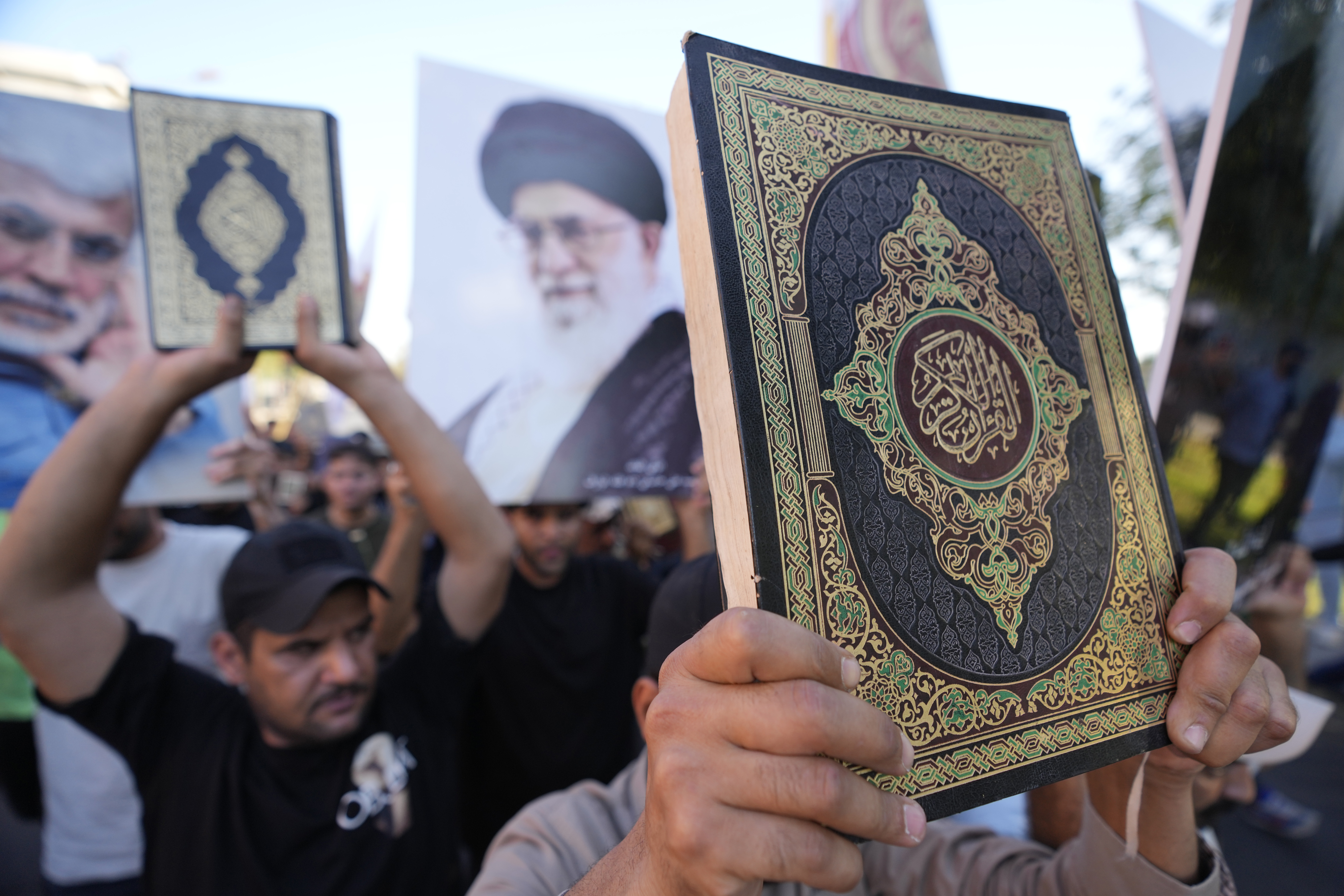A new bill proposed by the Danish government to prevent further burnings of the Quran, which have sparked outrage across the Islamic world, could have wider implications for free speech in the country and lead to the banning of religious satire, a leading conservative news site in neighboring Sweden has warned.
Prime Minister Mette Frederiksen’s administration, spearheaded by her center-left Socialist Democratic Party (SDP), announced its intention to explore options to defuse tensions with the number of nations aggrieved by recent burnings of the Islamic holy book, considered a blasphemous and insulting act by Muslims.
“We wish to put an end to these recurring insults, which Paludan and a few people around him engaged in,” said Christian Rabjerg Madsen, the SDP’s political chairman, referring to Rasmus Paludan, the fringe anti-Islam politician who burned a copy of the Quran in Stockholm earlier this year. “That is our political goal,” Madsen added.
Some, however, fear that such a move would set a dangerous precedent and could be a slippery slope toward the erosion of free speech and freedom of expression, a concern highlighted recently in an article published by Swedish conservative news site Samyntt.
The site reported that this concern was put to the Danish prime minister during a press conference held last week when she was asked whether the government’s plans to ban Quran burnings could lead to other forms of satire or criticism of Islam being prohibited. It noted that Frederiksen was unforthcoming in her response.
“It is more sensible and wiser to discuss this when the government is finished with the bill,” she told reporters.
Frederiksen is not the only one to avoid providing an adequate response to those concerned about an erosion of free speech. Madsen has also been asked repeatedly about the issue and has opted not to respond.
Joachim B. Olsen, a journalist and political commentator for Danish tabloid newspaper B.T., called the government’s refusal to alleviate such concerns “remarkable” and insisted that Frederiksen should be able to tell the public what the planned law will “concretely” mean.
Both Denmark and Sweden are seeking to introduce new measures to suppress a spike in anti-Islam demonstrations in the Scandinavian countries, the latter for which the adverse publicity has caused considerable diplomatic issues in relation to Turkey, which refused to ratify Stockholm’s NATO membership application.
However, Sweden’s proposed legislation, at least currently, appears to be more specific, relating to reforms to the country’s public order laws, which will allow the police to deny a protest permit to those who intend to burn the Islamic religious text.
“Others want to use Sweden as a stage to spread hateful messages. It can be both Swedish citizens and people who come to Sweden and use Swedish freedom of expression for their own purposes. They drag Sweden into international conflicts in different ways,” Swedish Prime Minister Ulf Kristersson said earlier this month.
Denmark, however, is yet to truly define what its proposed legislative reforms will mean for a country that has a history of butting heads with the Islamic world over religious satire.
In 2005, the Danish newspaper Jyllands-Posten published 12 editorial cartoons targeting Islam in which the Prophet Muhammad was depicted in an unfavorable light. One contributor, the late Kurt Westergaard, drew a cartoon of Muhammad wearing a bomb in his turban which resulted in numerous death threats and assassination attempts. He was ultimately placed under the protection of the Danish secret service, who shot and wounded a Somali Muslim armed with an axe and knife who broke into Westergaard’s house back in 2010.
Terror organization Al-Qaeda called for revenge attacks on both Sweden and Denmark last weekend due to the Quran burnings, leading Sweden to raise its terror threat level to one below the top.
“People of Islam in Sweden, Denmark, and all of Europe, the duty of revenge is placed upon you,” proclaimed the As-Sahab Media Foundation, which functions as Al-Qaeda’s media center.
“The recent Quran burnings have, as the security police have said, affected the current security situation,” admitted Danish Justice Minister Peter Hummelgaard, while Sweden’s counter-terrorism police chief, Magnus Sjöberg, revealed his department had received “communications from several terrorist groups that currently mention Sweden together with Denmark and the Netherlands” as targets.






